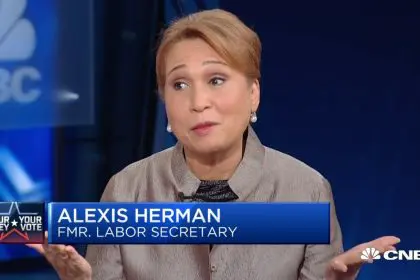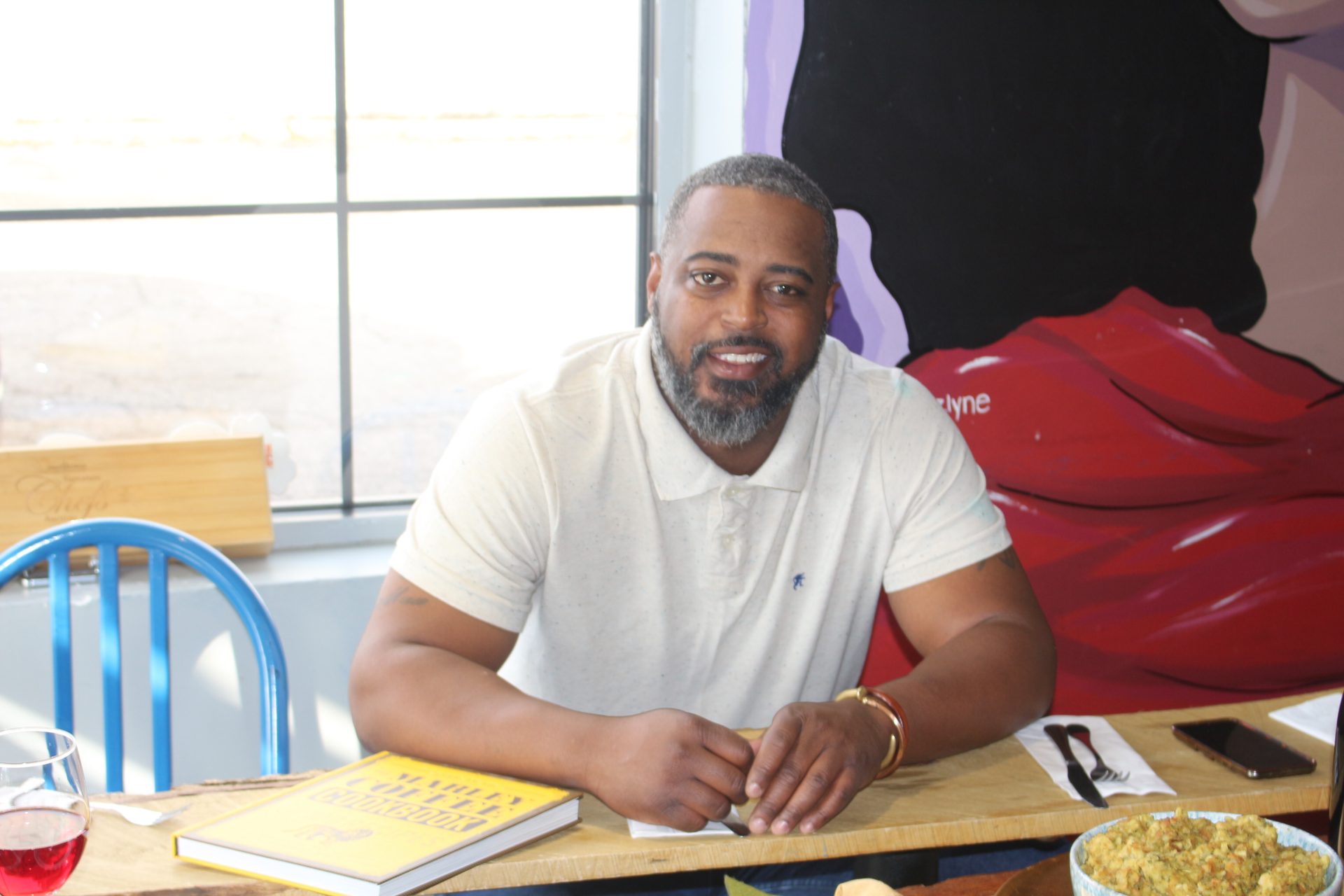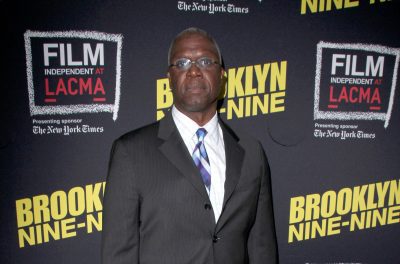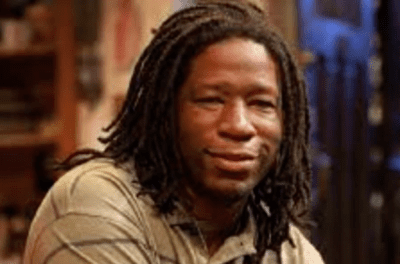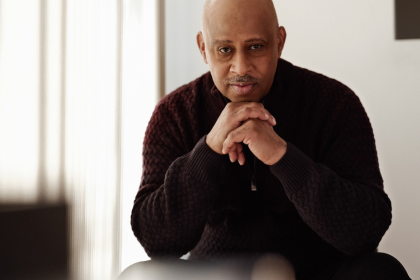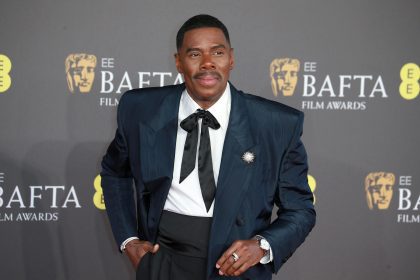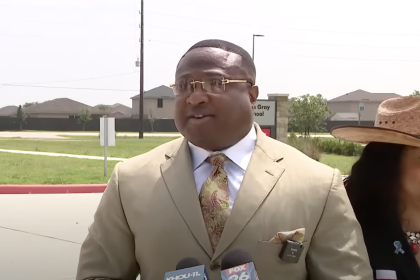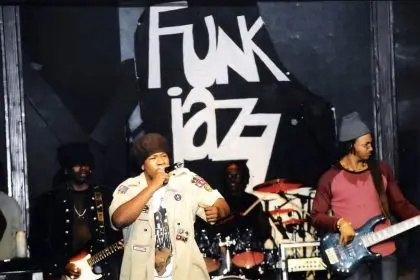The latimes.com reports that Amiri Baraka died Thursday after weeks of failing health, a family spokesperson confirmed. He was 79.
A playwright, poet, critic and activist, Baraka was one of the most prominent and controversial African American voices in the world of American letters.
He was born Everett LeRoi Jones on Oct. 7, 1934, in Newark, N.J. A gifted student, he graduated from high school two years early and went to college at New York University and Howard University. After serving in the Air Force for more than two years, Baraka — then Jones — was dishonorably discharged for reading communist texts.
He then moved to New York, attending graduate school at Columbia University and becoming involved in the Beat scene. In 1958, he founded the avant-garde poetry magazine Yugen, which he co-edited with Hattie Cohen — the two were married from 1960 to 1965.
At that time he also co-edited a literary newsletter, The Floating Bear, published “Blues People: The Negro Experience in White America and the Music That Developed from It” (1963) and penned the play “Dutchman,” which explosively explored issues of race and gender.
“I can see now that the dramatic form began to interest me because I wanted to go ‘beyond’ poetry. I wanted some kind of action literature,” Baraka wrote in his 1984 autobiography.
“Dutchman” won the 1964 Obie Award for best American play.
After the 1965 assassination of Malcolm X, Jones changed his name to Imamu Amiri Baraka, moved to Harlem and married his second wife, Amina (formerly Sylvia Robinson). Inspired in part by a 1960 trip to Cuba and in part by the radical wing of the civil rights movement, he espoused separatist ideas and founded the Black Arts Repertory Theatre and School.
Baraka led the Black Arts Movement, an aesthetic sibling to the Black Panthers. Although the movement was fractious and short-lived, it involved significant authors such as Gwendolyn Brooks, Eldridge Cleaver, Gil-Scott Heron, Nikki Giovanni, Ishmael Reed and Quincy Troupe.
Following a long academic career, Baraka made his home in Newark and remained a creative and political force. In 2002, he was named New Jersey’s second poet laureate — and soon became the center of a controversy surrounding his 9/11 poem “Somebody Blew Up America.”
The poem — which pointed out offenses committed, mostly by whites, around the world and throughout history — included controversial lines that were considered anti-Semitic. Before Baraka could serve out his two-year term in the post, the poet laureate position was eliminated.
Although he was frequently embroiled in political controversy, Baraka’s artistic achievements were acknowledged. His awards include fellowships from the Guggenheim Foundation and the National Endowment for the Arts, a PEN/Faulkner Award, a Rockefeller Foundation Award for Drama, and the Langston Hughes Award from City College of New York.
A complete obituary will appear at latimes.com/obits. Story and photos courtesy of Latimes.com



